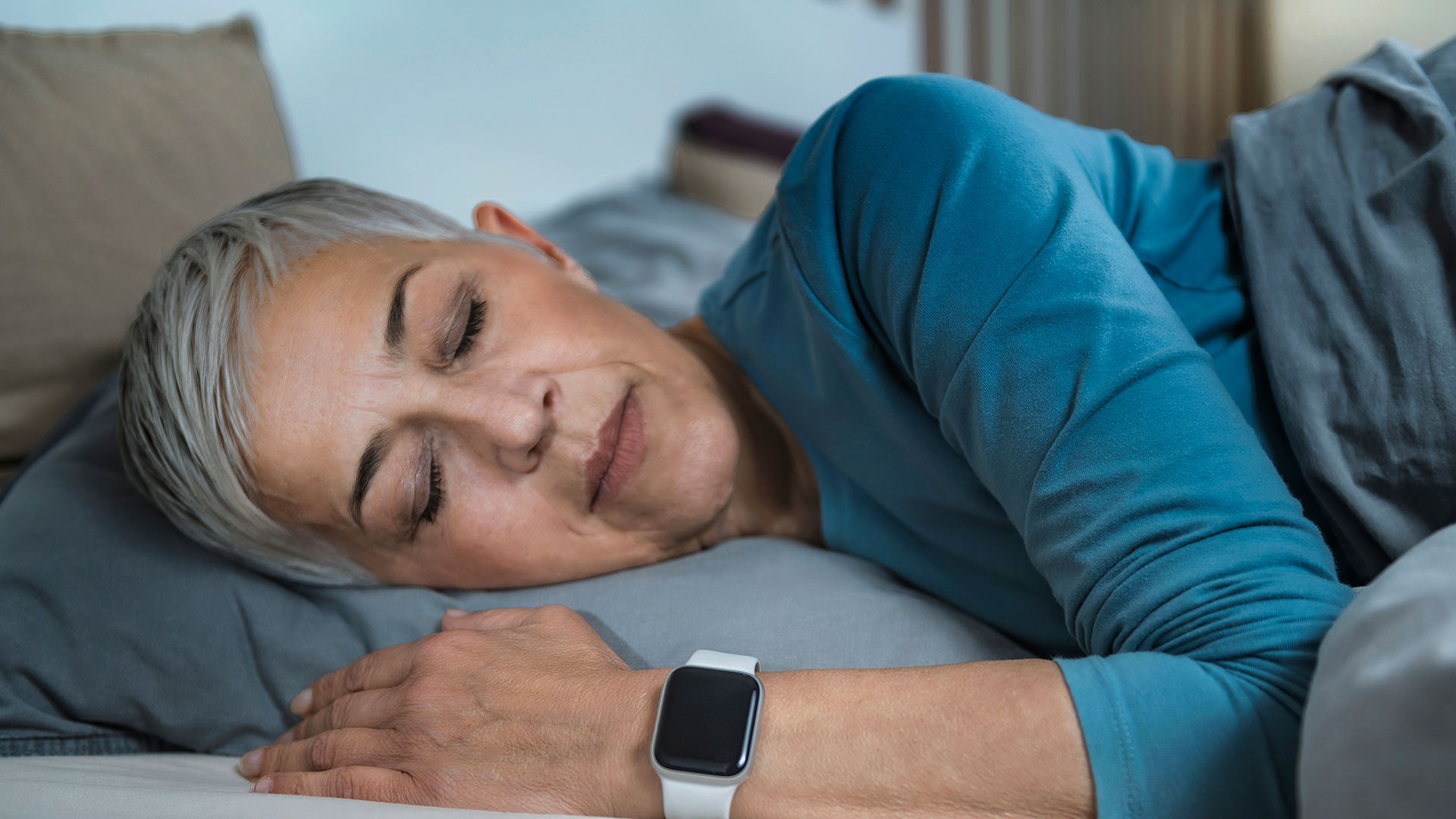

A lot of people have a lot of opinions on the best way to sleep, but one stat that gets bandied about frequently is that you should shoot for eight hours a night. However, a new large-scale study has found that – in the case of those aged 38-73 at least – the ideal amount of sleep per night is actually seven hours. More or less than that duration is linked with poorer cognitive performance and mental health.
The study, run by researchers from the University of Cambridge and Fudan University and published in Nature Aging and using data from the UK Biobank, looked at the sleep habits of 500,000 adults aged 38-73, primarily of European ancestry (94% white people). The aim of the research was to identify the optimal sleep duration, using genetic and cognitive factors, brain structure, and mental health as the key measures. Participants answered questions about their sleeping patterns and mental health, as well as undertaking a series of cognitive tests. The study also used brain imaging and genetic data from the majority of the study pool (40,000 participants) to draw its conclusions.
What are the downsides to sleeping more or less than that ideal seven hours? A longer or shorter sleep duration was linked with poorer cognitive performance, with participants scoring worse in tests assessing their problem-solving skills, memory skills, processing speed, and visual attention. Sleeping too much or too little also had implications for mental health, with those reporting sleeping outside the ideal seven hours also being more likely to show symptoms of depression or anxiety, as well as worse overall wellbeing. Consistency – sleeping the same amount each night – also had an impact, with more consistent sleepers yielding better results.
"While we can’t say conclusively that too little or too much sleep causes cognitive problems, our analysis looking at individuals over a longer period of time appears to support this idea. But the reasons why older people have poorer sleep appear to be complex, influenced by a combination of our genetic makeup and the structure of our brains," said one of the study's authors, Jianfeng Feng, as reported by the University of Cambridge.
Professor Barbara Sahakian, another study author from the University of Cambridge, added that, "Getting a good night’s sleep is important at all stages of life, but particularly as we age. Finding ways to improve sleep for older people could be crucial to helping them maintain good mental health and wellbeing and avoiding cognitive decline, particularly for patients with psychiatric disorders and dementias."
If you're struggling to get your full seven hours, and you think your bed is to blame, head to our best mattress guide to help you find the right upgrade for you. Some also find using a wakeup light, rather than traditional alarm clock, helps promote a more consistent sleep/wake cycle.
Sign up to the T3 newsletter for smarter living straight to your inbox
Get all the latest news, reviews, deals and buying guides on gorgeous tech, home and active products from the T3 experts
Ruth is a lifestyle journalist specialising in sleep and wellbeing. She has tested more mattresses than her small flat can handle and will talk at length about them to anyone who shows even a passing interest, and has had to implement a one-in-one-out pillow policy for fear of getting smothered in the night. As well as following all the industry trends and advancements in the mattress and bedding world, she regularly speaks to certified experts to delve into the science behind a great night's sleep, and offer you advice to help you get there. She's currently Sleep Editor on Tom's Guide and TechRadar, and prior to that ran the Outdoors and Wellness channels on T3 (now covered by Matt Kollat and Beth Girdler-Maslen respectively).
-
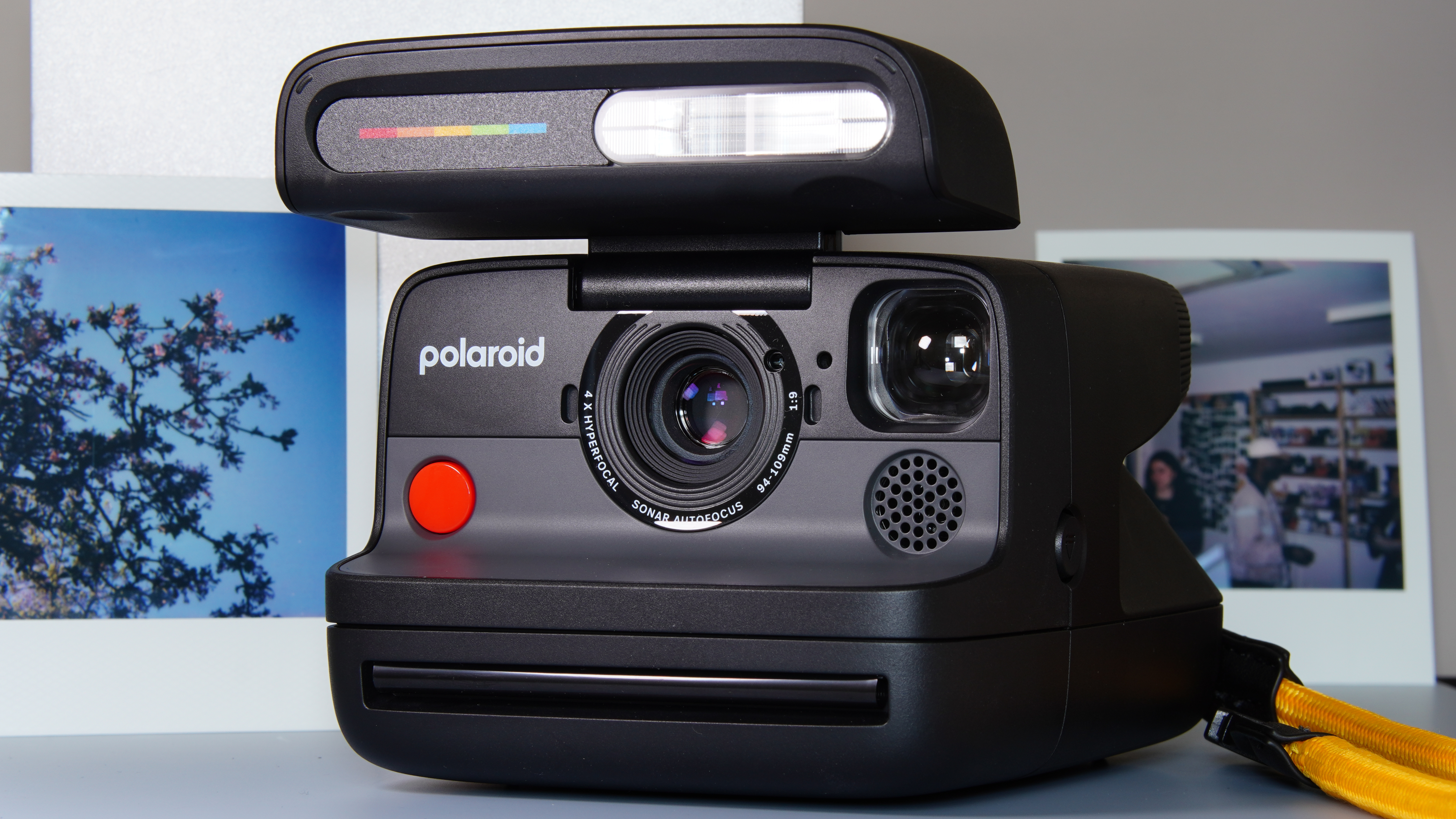 I've used the Polaroid Flip – it's the best Polaroid camera you can buy
I've used the Polaroid Flip – it's the best Polaroid camera you can buyIt's better than my SX-70
By Sam Cross
-
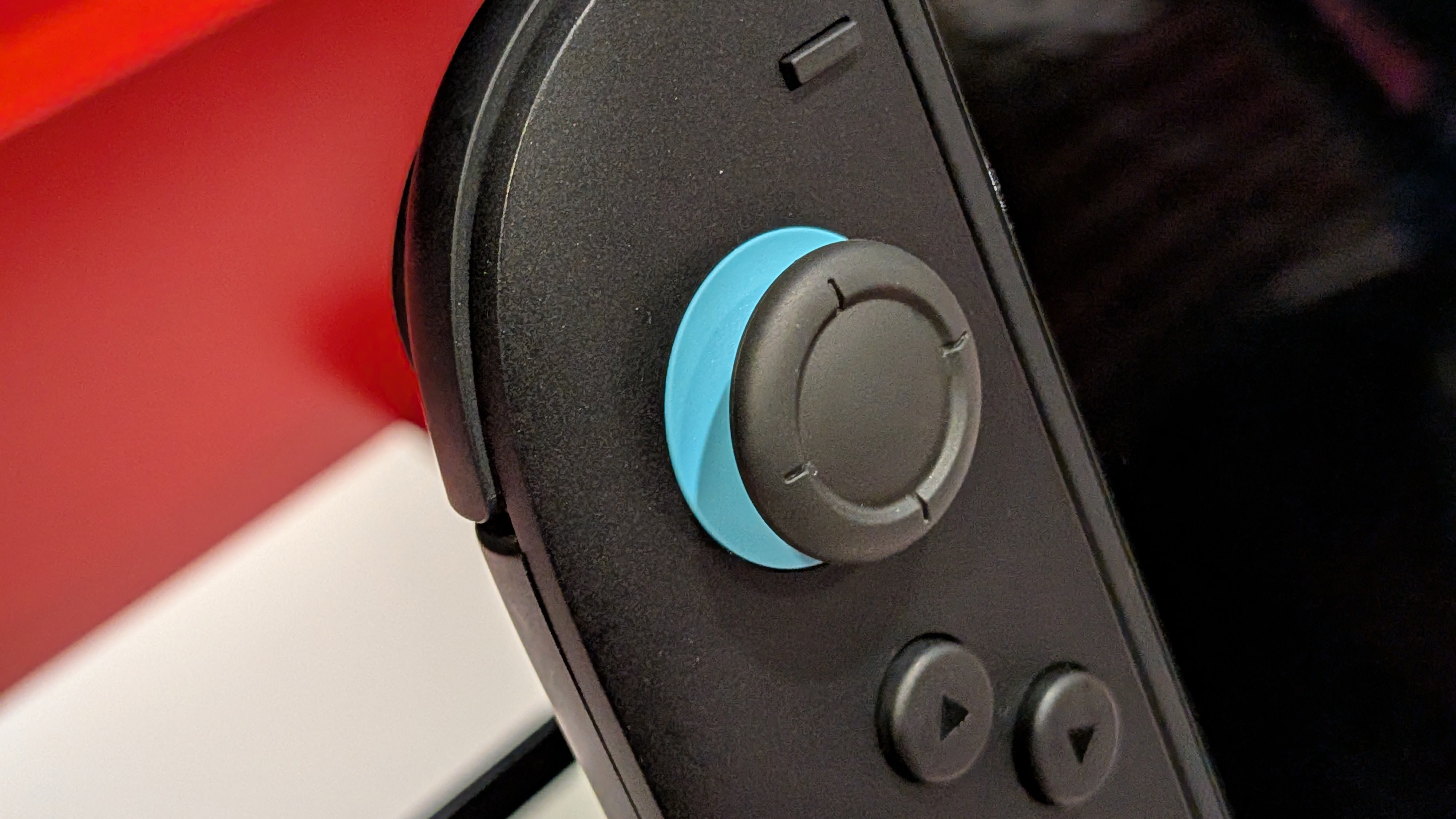 Nintendo Switch 2 tariff woes continue – here's how much it could cost you
Nintendo Switch 2 tariff woes continue – here's how much it could cost youExperts claim the Switch 2 will continue to be affected by Trump's tariffs – even as much as 145%
By Rik Henderson
-
 I spent 6 weeks with the FoodMarble Aire 2: here’s what I learned about my gut health
I spent 6 weeks with the FoodMarble Aire 2: here’s what I learned about my gut healthI’ve been testing the clever breath-testing gadget with the companion app over several weeks to find out if it delivers on its promises
By Lee Bell
-
 Oil pulling is going viral on TikTok for stopping morning breath – but does it actually work?
Oil pulling is going viral on TikTok for stopping morning breath – but does it actually work?4 hacks that prevent morning breath, according to a sleep expert
By Bethan Girdler-Maslen
-
 These limited edition McLaren x Loop earplugs are what you need for Formula 1 season
These limited edition McLaren x Loop earplugs are what you need for Formula 1 seasonMcLaren teams up with Loop on limited edition noise-reducing earplugs
By Bethan Girdler-Maslen
-
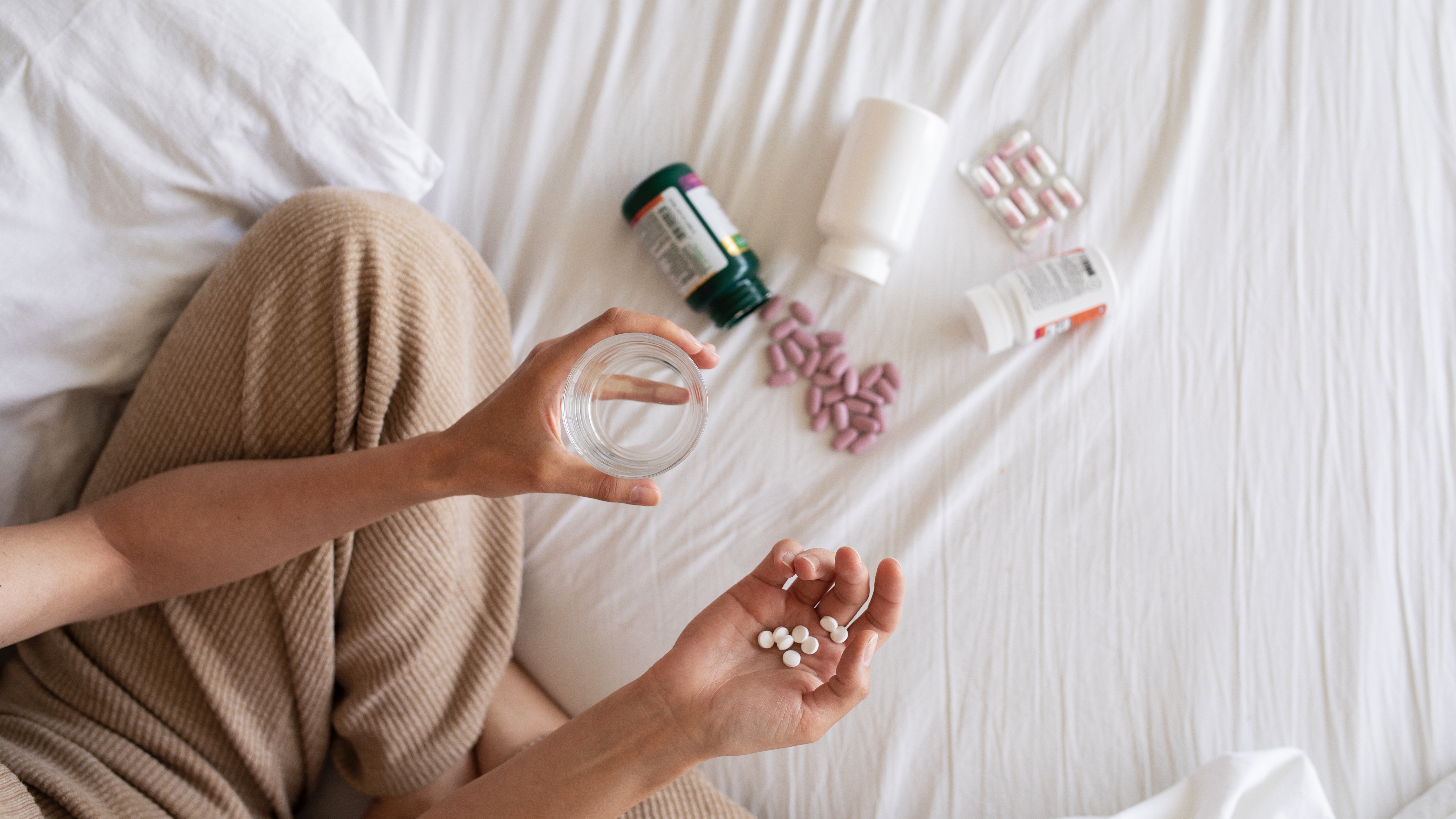 5 sleep supplements that help me achieve 8+ hours of rest every night
5 sleep supplements that help me achieve 8+ hours of rest every nightIt took me years to perfect my sleep routine – here are the supplements that helped
By Lizzie Wilmot
-
 3 reasons why you wake up at 3am every night – and how to avoid it
3 reasons why you wake up at 3am every night – and how to avoid itAlways waking up in the middle of the night? This could be why…
By Bethan Girdler-Maslen
-
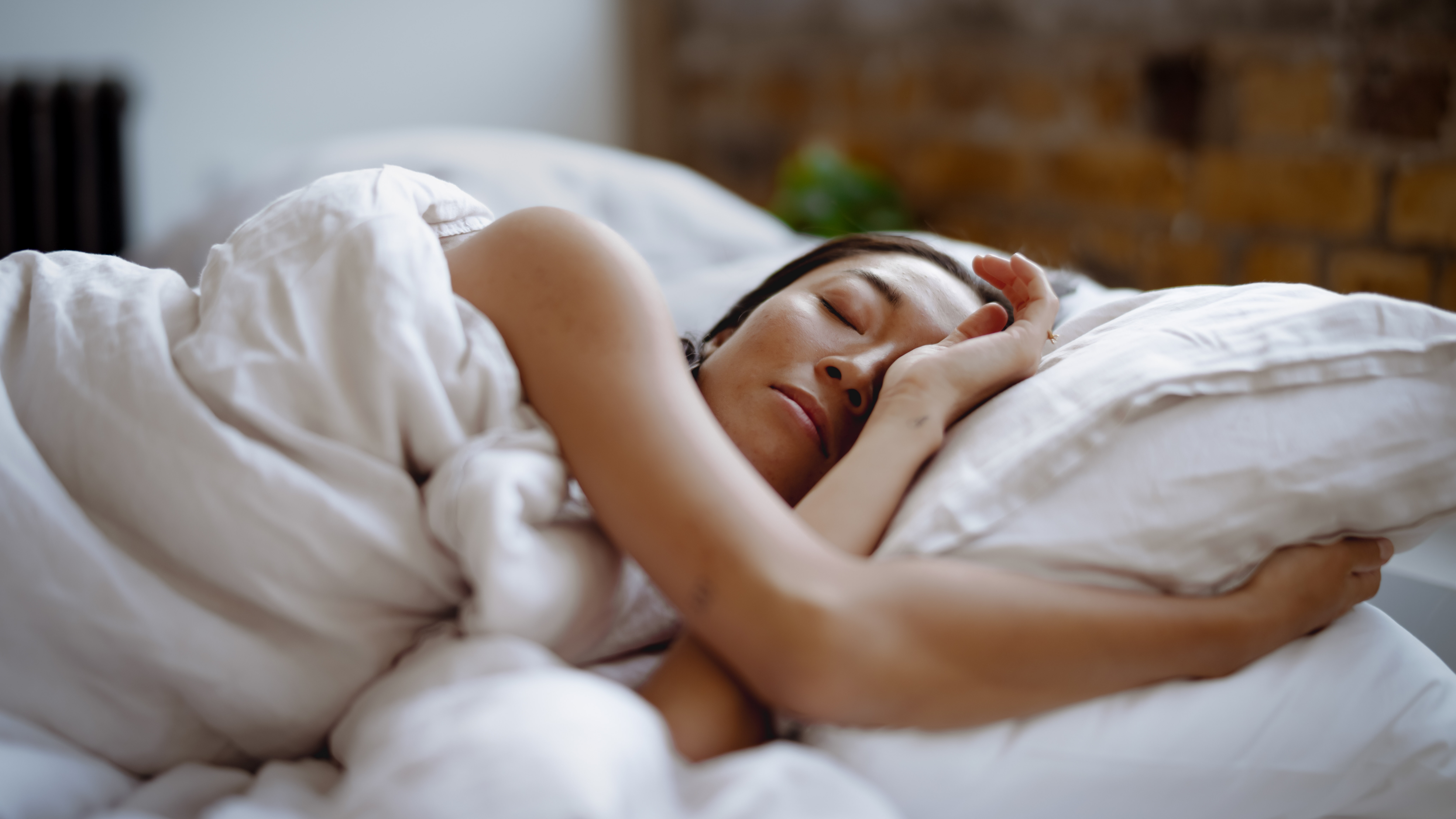 This tiny device will automatically disable your distracting apps before you sleep
This tiny device will automatically disable your distracting apps before you sleepSay hello to Kip...
By Lizzie Wilmot
-
 Therabody experts give 7 tips for perfecting your sleep routine for World Sleep Day
Therabody experts give 7 tips for perfecting your sleep routine for World Sleep DayFrom breathing exercises to sleep masks, here’s how to prioritise sleep, according to experts
By Bethan Girdler-Maslen
-
 Loop Dream review: super soft earplugs to help you snooze soundly, even if you’re a side sleeper
Loop Dream review: super soft earplugs to help you snooze soundly, even if you’re a side sleeperSquishy silicone and uniquely shaped ear tips take Loop’s nighttime earplugs to dreamy heights
By Joanna Ebsworth